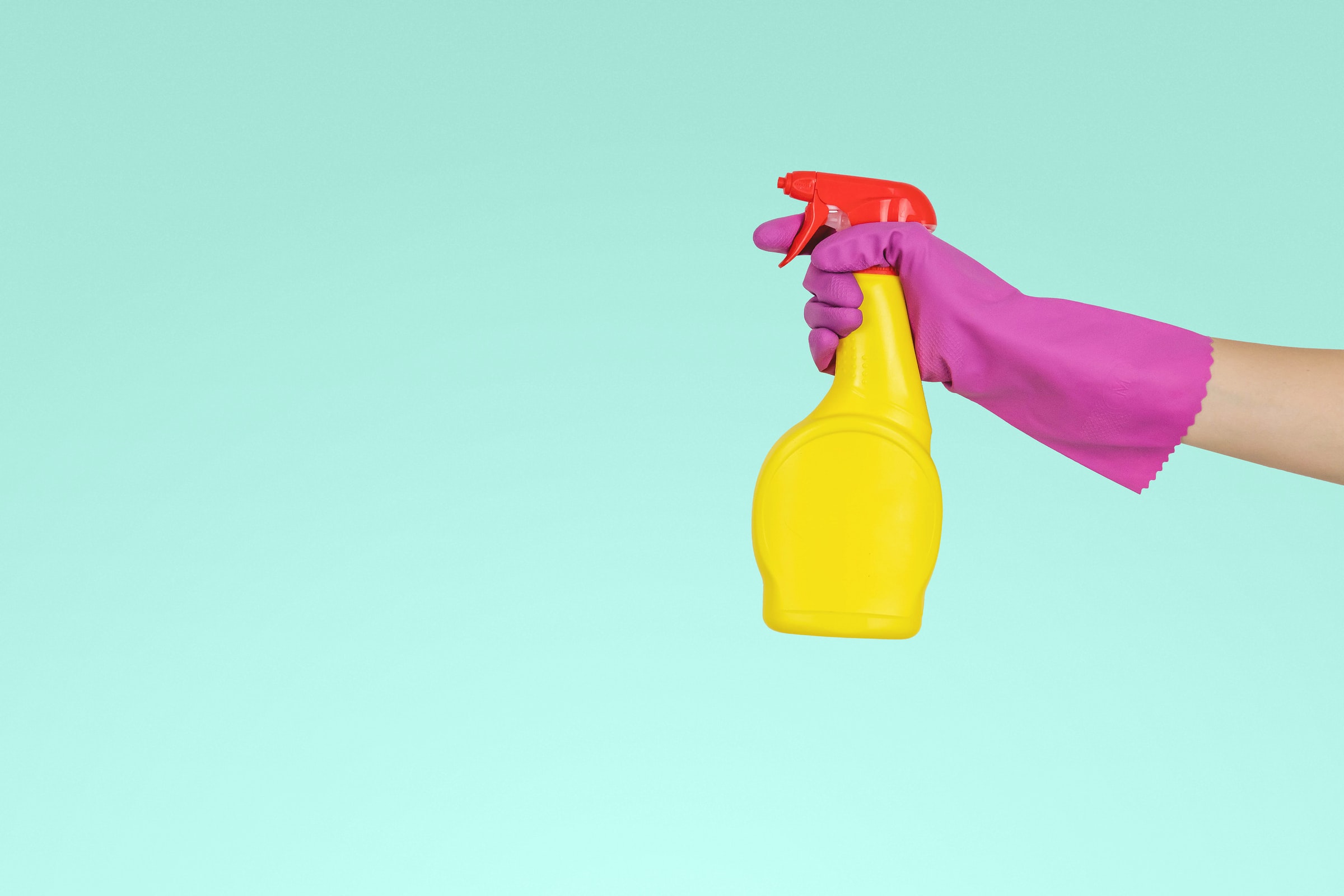You can hardly watch half an hour of television without seeing an ad for the best new dish detergent that leaves dishes sparkling clean, or a shower cleaner that eats away every speck of scum while leaving behind a spring-fresh scent.
These products are highly convenient, and we tend to buy them without a second thought. But did you know that they could be one of the main contributors to toxin exposure?
Chemicals used in cleaning products are often irritating to the eyes, skin and respiratory system, and contain compounds that disrupt your hormones and the healthy bacteria that you need to thrive.
Young children and pets are particularly vulnerable to the toxins in cleaning products. These chemicals can also affect fertility.
If you’re investing in good quality organic vegetables and free-range eggs, don’t throw it all away by dousing your home with nasty chemicals!
There is one natural substance that can replace many of the commercial products you’ve been buying all these years. Not only will you reduce your family’s exposure to chemicals, but you’ll save money too!
It’s vinegar! Simple white vinegar can be used in so many ways to keep your home sparkling clean and free of mold or excess bacteria. If vinegar by itself doesn’t do the trick, you can be sure that some combination with other non-toxic natural cleaning agents will.
Experts say that using natural cleaning agents like vinegar is just as effective as using chemicals. It may take a little more effort or time, such as leaving things to soak for a few minutes to get the maximum effect, but it’s worth it for your health.
Here are 18 ways to use vinegar for cleaning your home
Remove grease: White vinegar’s acidity cuts through grease effectively. Use it on stovetops or microwaves.
Discourage mold and bacteria: Applying white vinegar to surfaces kills viruses, mold and bacteria, and also discourages them from growing there in the future.
Remove toilet stains: If you see hard brown stains around the rim of the toilet, look no further than vinegar. Simply add one gallon of vinegar to the toilet bowl and let it sit. At the same time, saturate a number of paper towels in vinegar and then lay them around the toilet rim to effectively soak the stains. The toilet bowl will end up clean, shiny and disinfected. If stains are very tough, leave the vinegar overnight then sprinkle with baking soda before scrubbing and rinsing.
Fabric softener: Add a quarter cup of vinegar to your wash cycle to soften fabrics effectively without artificial perfumes and toxins. This simple method also stops static cling!
Deodorize the drain: If you have trouble with a kitchen drain that smells and harbors drain flies (those tiny brown flies that are more annoying than fruit flies), pour vinegar onto a bottle brush, sprinkle with baking soda, and scrub to remove built-up residue in the drain.
Window and screen washer: Use a 50-50 mixture of white vinegar and water to clean windows and TV or computer screens.
Tea or coffee pot cleaner: Heat one cup of vinegar and four tablespoons of baking soda until boiling. Pour into tea and coffee pots to remove mineral buildup.
Dishwasher rinse aid: Instead of buying rinse aid, simply fill the compartment in the dishwasher with vinegar. It works great for shiny dishes without the chemical residues.
Chewing gum remover: Rub sticky spots with undiluted vinegar.
Unclog the shower head or faucet: If you have trouble with uneven water output from a shower or faucet, put some vinegar in a small bag and secure to the fixture using a rubber band or twist tie. Leave it on overnight and remove in the morning.
Clean and deodorize the refrigerator: Make a solution of equal parts water and vinegar and spray onto interior surfaces of the refrigerator, then wipe dry.
Shower curtain cleaner: Use a sponge soaked in vinegar to remove and prevent mildew on your shower curtain.
Remove salt stains from shoes and boots: Add one tablespoon of vinegar to one cup of water and wipe it over salt stains on footwear. This works best for leather shoes that you can polish afterward.
Sticker and decal remover: Apply vinegar to stickers or glue residue and let it soak in, then scrape off. This works great for bumper stickers.
Remove stains from carpet: Make a paste using two tablespoons of vinegar and a quarter cup of salt or baking soda. Test a patch first to ensure the color is not affected. Rub on the stain then vacuum up the next day.
Get rid of antiperspirant stains: Rub clothing gently with vinegar, then wipe with a clean cloth.
Clean chrome fixtures and appliances: A great cleaning scrub can be made with one teaspoon of vinegar and two teaspoons of salt. Rub onto fixtures and then wipe clean with a cloth.
Clean and condition wood furniture: Mix a quarter cup of vinegar with one cup of olive oil and a few drops of lemon essential oil. Wipe wood furniture with the mixture using a clean cloth.
Save your home and your family from toxic products, use vinegar instead! You’ll be impressed with how much you can get done with this versatile natural cleaner!


